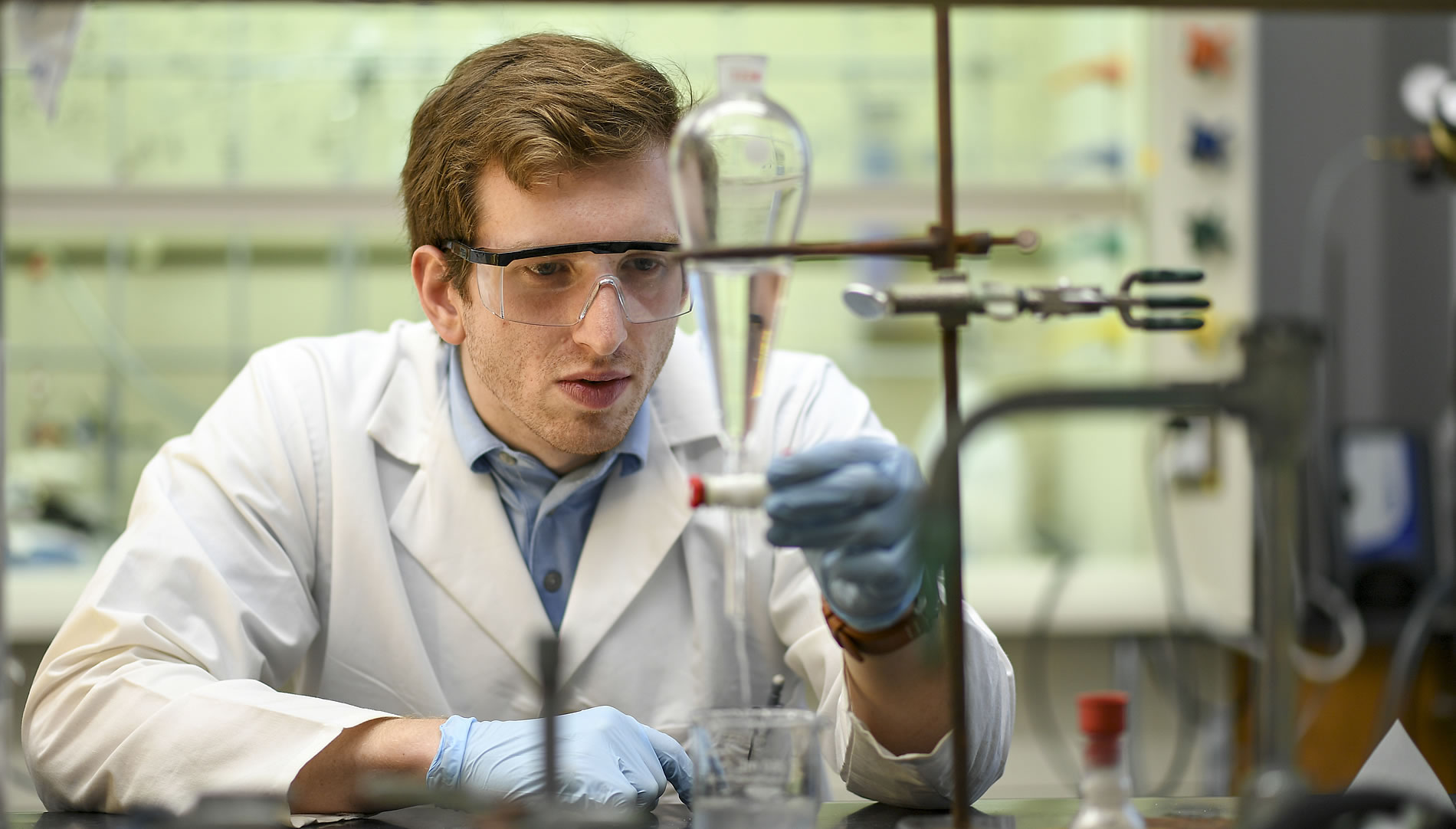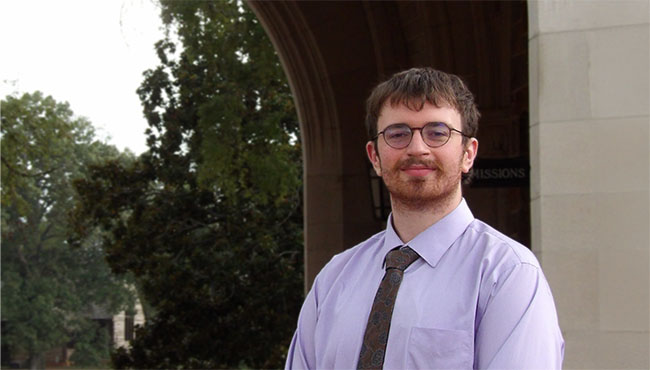Knowing you want to become a doctor can be useful as you get ready to start college. It gives you direction and some clear goals to achieve. But because pre-med isn’t a degree concentration, you’ll still need to identify a field of study. Making that decision might feel daunting, but this overview can help inform your choice.
10 examples of great pre-med majors for aspiring doctors
Don’t feel limited by this list, but it’s a good place to start. “Just about any major can be applicable to health care,” offers Dr. Christopher Mingone, clinical assistant professor of health professions and pre-health advisor at Berry College. “The most important thing is to figure out what you’re passionate about.”
There’s evidence to support his statement. Data from the Association of American Medical Colleges (AAMC) shows students who gain acceptance to medical school choose a wide array of pre-med majors. They all tend to have strong grades and scores on the Medical College Admission Test (MCAT) as well. Here are 10 great options that span the gamut.
1. Biochemistry
This discipline delves into biomolecular structure and function — it’s essentially the chemistry of living organisms. Building a foundation in this field helps students understand complex processes like metabolism. It can also prove useful when completing your medical school prerequisites.
“The MCAT is pretty heavily focused on biochemistry,” Dr. Mingone adds.
2. Biology
It makes sense to study biology, given it really forms the foundation of medical practice. You also need to take classes in this science to meet medical schools’ course requirements. That said, only major in biology if it truly interests you. There’s no evidence that focusing on this scientific discipline will give you any advantage over other pre-med applicants.
3. Economics
Understanding how people and organizations choose to allocate resources is invaluable for physicians. “Everyone in health care is, to some extent, their own business manager,” Dr. Mingone explains. Building a background in business disciplines like economics and finance, he adds, can help students better understand the health insurance landscape, how to pay administrative assistants and more.
4. Exercise science
Studying exercise science can help students learn about basic structures and the way they function. It’s a particularly relevant field for those who are interested in becoming a sports medicine physician or an orthopedic surgeon.
5. Philosophy
Philosophy programs aim to teach students critical thinking and analytical skills. These degree programs also emphasize ethics, which is imperative for future physicians. In fact, the American Medical Association (AMA) identifies nine medical ethics principles that are central to the profession.
6. Physics
While it’s easy to think of physics as a science that affects objects, it applies to medicine as well. This field helps us understand different processes and how theory comes to life in practice — like with ultrasound and other imaging technologies. There’s even a well-respected journal called Physics in Medicine.
7. Psychology
While psychology is firmly rooted in research and statistical analysis, its underlying focus is on humans and their behavior. Studying this discipline helps students better understand others and develop essential competencies like communication skills and empathy.
“A good physician needs empathy,” Dr. Mingone explains. “They need to be able to connect with patients on different levels.”
8. Religion
Spiritual traditions are central to life for many different religious groups. Majoring in religion can help you learn about how beliefs differ and how that impacts patients, which is essential for physicians. Orthodox Judaism, for example, prohibits using electricity on the Sabbath. That could complicate certain treatment plans.
“You need to be able to work with that patient and give them ideas on what to do if they can’t use electricity to take their medicine,” Dr. Mingone points out.
9. Sociology
Students who study sociology learn the fundamentals of social structures and collective human behavior. This foundation is essential for physicians, which explains why it was added to the MCAT structure in 2015. Doctors need to be able to understand and communicate with diverse patient populations.
10. Spanish
The latest data from the U.S. Census Bureau shows that approximately 18 percent of the U.S. population is Hispanic or Latino, many of whom likely speak Spanish as their primary language. Research has shown that being able to communicate with patients in their own language helps improve outcomes. For the right student, majoring in Spanish could be a smart choice.
“Studying any language can be useful, depending on the geographic locations where you may want to practice one day,” Dr. Mingone says. He elaborates that different areas are home to populations that may speak their native dialect rather than English as their primary language. And bear in mind that some patients may not be able to verbally communicate at all.
Start your pre-med studies
Focusing on what interests you is clearly the way to go when choosing a pre-med major. You can see that biology students don’t have any real advantage over those who choose to focus on a foreign language. What does matter is that you attend a quality college and accumulate plenty of medically related experience.
As you continue your journey toward becoming a physician, you’ll want to get a handle on the various medical school requirements. There are a lot of elements that go into a completed application. Find out what lies ahead by heading to our article"The Future MD's Go-To Guide to Prerequisites for Medical School."



